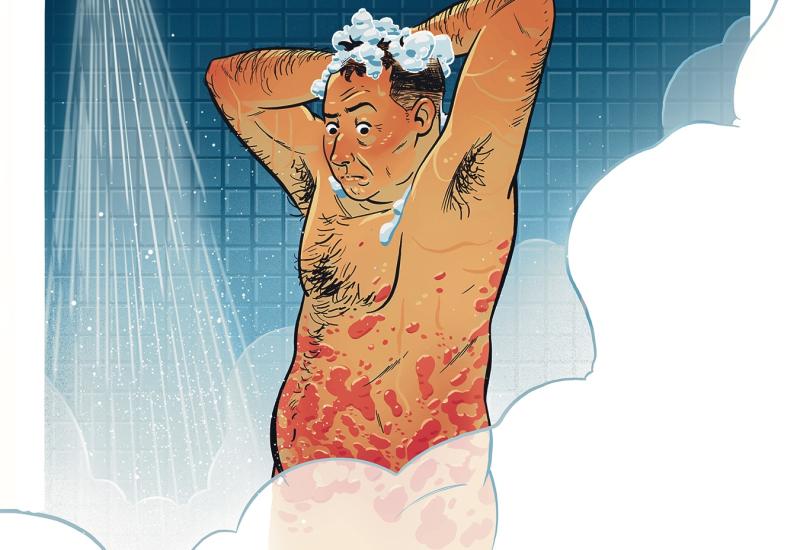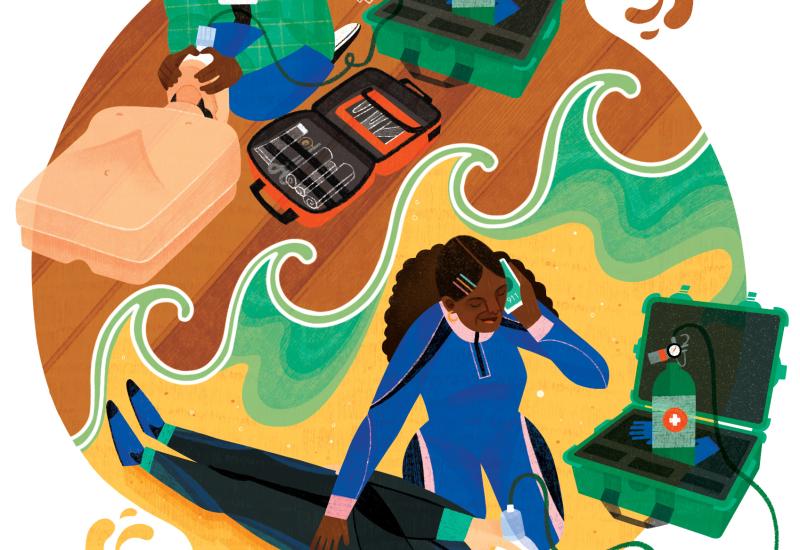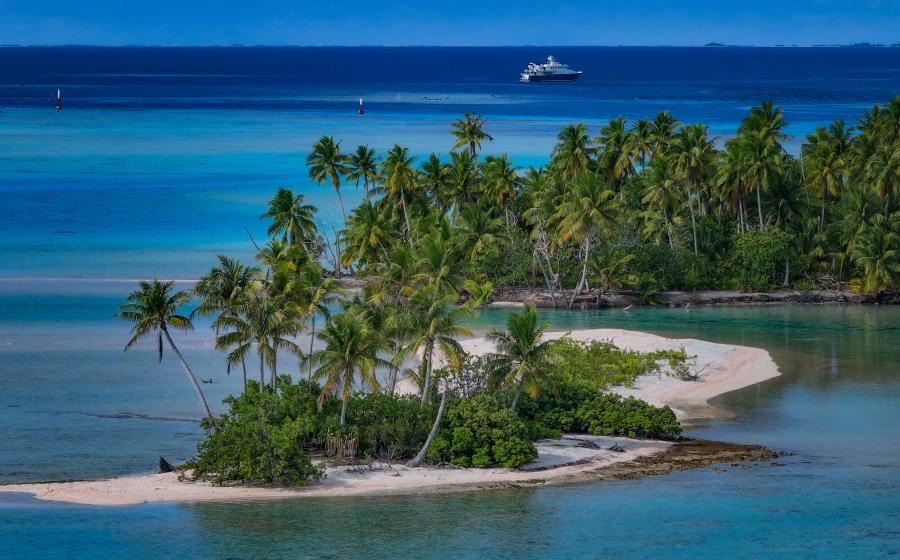Why do I get Cramps and Fatigue After Scuba Diving? Is it Decompression Sickness?

Aliaksei Smalenski / Shutterstock.comYour post-dive cramps might not actually be DCS.
Q: I often have serious cramps and fatigue immediately after a dive — sometimes so bad that I struggle to get on the boat — is this a sign of DCS? Or am I just dehydrated?
A: While muscle cramps and fatigue may be symptoms of decompression sickness, they are not the most common symptoms and if you experience these after most dives I would say you are definitely not having recurrent episodes of decompression sickness. Muscle cramps, particularly in the legs, after physical exertion is quite common and is frequently reported by divers. The most common time for muscle cramps to begin is during the swim back to the beach or the boat at the end of the dive. As you suggested, this is most likely an electrolyte problem. Immersion in the water causes changes in blood flow and how the body balances electrolytes. There is a natural tendency to lose sodium through increased urine production and an alteration in electrolyte concentrations. This is driven by the increase in blood flow back to the heart that occurs with immersion. Muscle activity is based on sodium and potassium exchange; any alteration in the serum electrolytes can lead to cramping. Some individuals are more susceptible than others and some individuals may experience more muscle cramping as they get older. The best way to prevent muscle cramping is to maintain a well balanced diet and hydrate appropriately before and after diving. Electrolyte drinks may be more beneficial than water and electrolyte gel tablets used by distance runners can be an alternative for divers who have a problem with muscle cramping. The use of salt tablets fell out of favor decades ago and should be avoided. I suspect the sense of fatigue will also disappear if the muscle cramping issue is resolved.
The best way to prevent muscle cramping is to maintain a well balanced diet and hydrate appropriately before and after diving.
James L. Caruso is a 30-year veteran of the U.S. Navy, serving as ship’s doctor, undersea medical officer and flight surgeon. His experience includes a fellowship in Diving and Hyperbaric Medicine at Duke University Medical Center; today he is Denver's chief medical examiner.
Knowledge is power. Read about DCS and how to know if you're bent.










